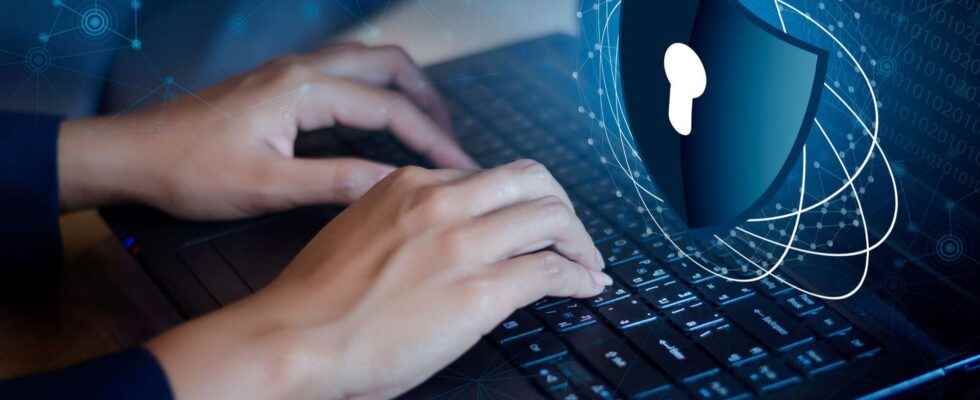All your actions on the web leave traces that are collected and monetized. Websites are quick to learn more about you to target ads, while hackers steal entire databases, often with sensitive information like passwords, and resell them on the dark web . Fortunately, there are tools to improve its security and protect its privacy.
You will also be interested
In our information society, personal data has become the object of covetousness. The various actors of the Web do not hesitate to collect all possible information concerning you, some legally and with your consent, others by devious means or even theft.
Browsing the web leaves traces, even without creating an account on the sites you visit. Internet users are tracked using cookies, small files that allow sites to store information, as well as by their IP address. However, the creation of an account represents a real gold mine for the giants of the Web, who can then follow your navigation through all the sites which use their tools. An extension called Big Tech Detective displays for each site visited whether it is loading content from Facebook, Google, Microsoft and Amazon. In the end, few are those who do not use these companies for advertisements or analysis of visits.
Thanks to this data, it is possible to draw up a profile of the Internet user and to infer personal information. Smartphones are definitely the worst culprits when it comes to information gathering. A recent study showed that simple geolocation is enough to guess health status, socio-economic status, ethnicity and religion. Some estimate that the mass of information collected by sites like Google or Facebook could be worth between 5 and 20 dollars per month.
Your data sold on the dark web
Regarding data obtained illegally, it is paradoxically easier to estimate the price because this information is resold on the dark web. According to the price index published by the specialist PrivacyAffairs, a hacked account can sell for up to $65 for Facebook or even $80 for gmail.
The site also says email lists sell for around $10, with size varying by country. The price is the same for 380,000 addresses from Austria or 4.78 million addresses from Mexico. A database was recently published on the dark web, containing the personal and medical data of nearly 500,000 French people. It was published for free, but some believe it could have sold for between 2,000 and 3,000 euros.
Surfshark explains how his VPN works. © Surfshark
There are tools to protect your privacy
One of the ways to protect yourself is with a VPN. Your connection is then encrypted and all data exchanged goes through their servers. The sites you visit now only see the IP address of the VPN and can therefore no longer track you there. Even your ISP can no longer track your browsing.
SurfsharkVPN included Alert, an alert system that monitors online data leaks. You are notified if your e-mail address is included in one of the exposed databases. Additionally, if you used the same password for your Surfshark account, the service requires you to change it to keep your data secure.
Article produced in collaboration with the Surfshark teams.
Interested in what you just read?
